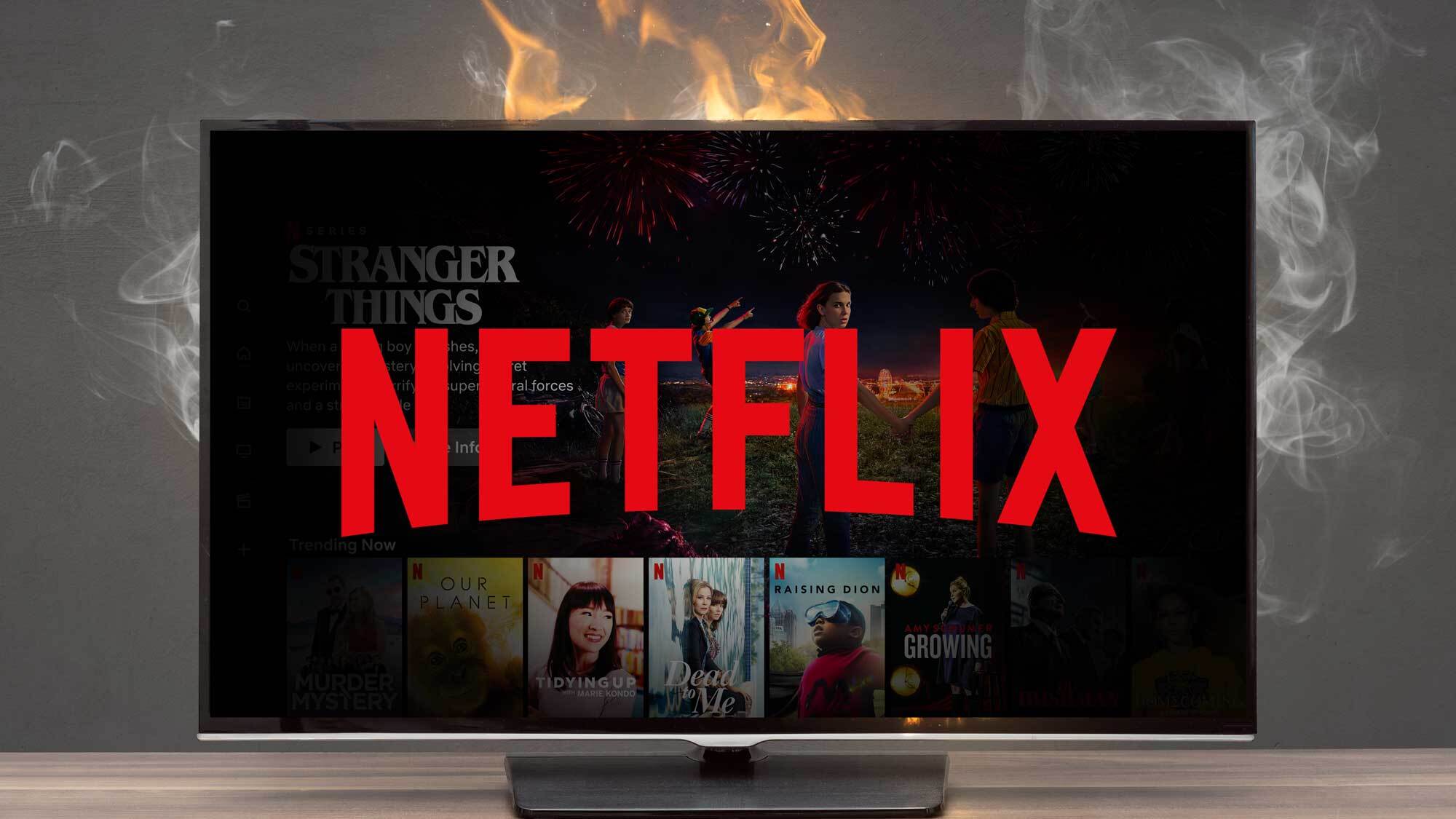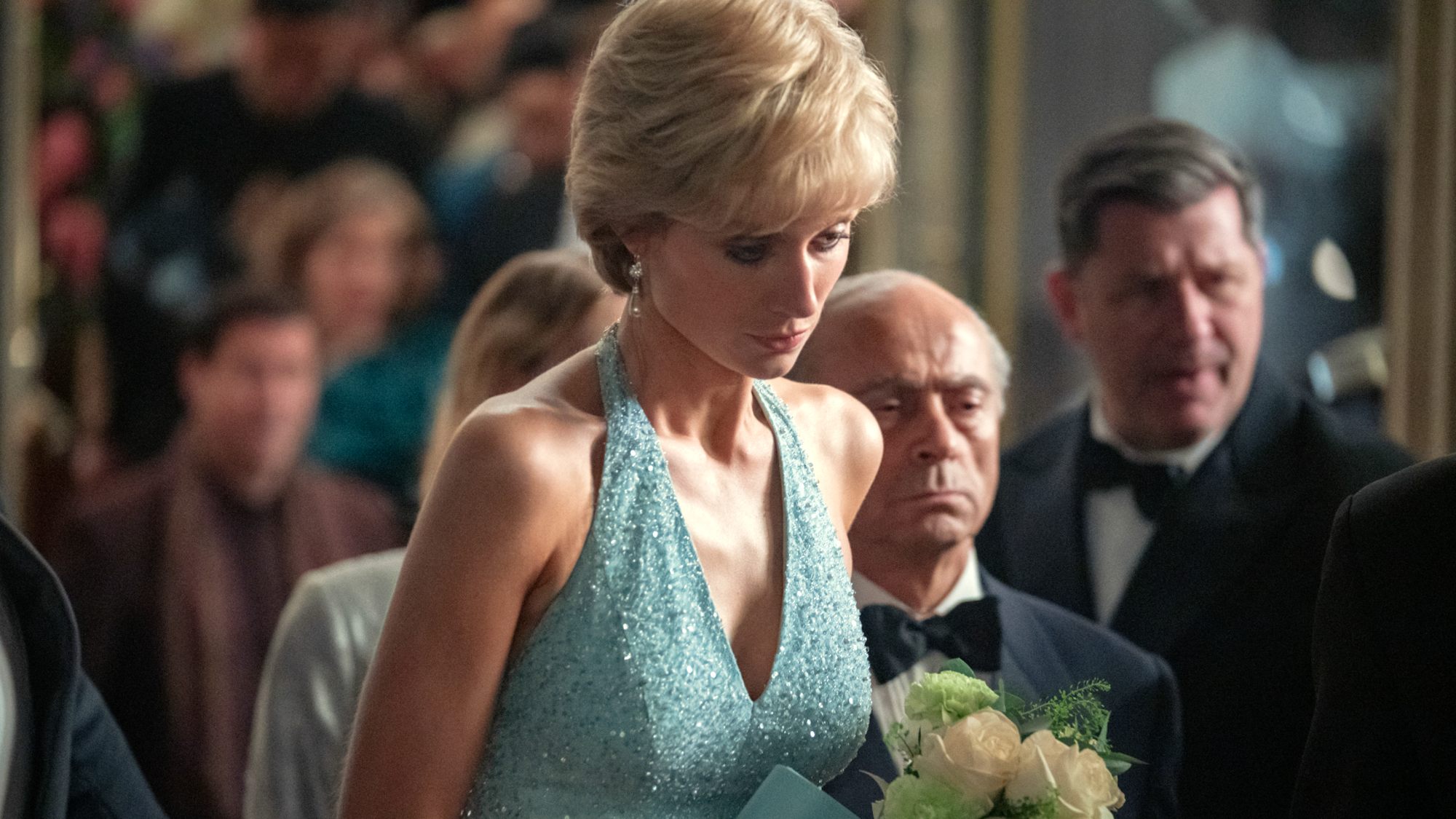Netflix cancelling 1899 reminds me why I shouldn’t get invested in Netflix shows
It's hard to trust Netflix

2023 is only a week old, but Netflix has already gone and cancelled another one of its original shows: 1899. On January 2nd, Netflix axed the sci-fi mystery — ending it after a single eight episode season, and with a huge unresolved cliffhanger.
In other words, Netflix only needed two days in 2023 to remind us why it’s barely worth investing in Netflix shows anymore. It doesn’t matter how interesting or critically acclaimed a show is, or whether it hits the top of the top 10 list — its future is always at risk.
It’s been quite some time since I gave up on Netflix Originals. After the red reaper offed Daredevil and the other Marvel shows, Santa Clarita Diet and The OA over the last years, I finally found myself at a breaking point. Netflix’s cancelation habits have only worsened in the years since.
Netflix's new and canceled shows, by the numbers

Our list of cancelled Netflix shows of 2022 shows 19 shows that had the plug pulled out from them last year (plus four that officially ended of their own accord). That’s a big list compared to the number of originals Netflix debuted last year. By my count the streaming had at least 29 new English-language originals, not including kids’ shows.
Even wilder is that none of those cancelled shows made it past the second season, and 13 of them were killed off after a single season run. Which, being Netflix, means those 13 shows have under a dozen episodes to their name.
Recently I complained about the fact the first season of Reboot, a Hulu sitcom, is only a mere eight episodes. Short seasons are pretty common in the streaming age, with many having as few as eight episodes. Once those shows have been cancelled, and with little to no resolution, there isn’t much incentive to sit down and watch them. The only thing waiting at the end is bitter disappointment.
Netflix's wins overshadow other new arrivals
This is especially true of shows like 1899, which seemed doomed to fail pretty early on. The show hit Netflix with little fanfare just six days before Wednesday. You know, the Wednesday proved to be a major hit, clocking up over 1.2 million viewing hours over the next four weeks — beaten only by Stranger Things 4 (1.35 million) and Squid Game (1.65 million).
Get instant access to breaking news, the hottest reviews, great deals and helpful tips.
Even if a show doesn’t accidentally flop right away, there’s still a very good chance it’ll get cancelled in the next few years. Not including kids’ programming, do you know how many Netflix originals had six or more seasons so far? Six. Oh, the tally rises to seven if you consider The Crown season 6, the final season expected later this year.

Unfortunately it feels like this is all spiraling into a self-fulfilling prophecy. Netflix seems too eager with its cancellations, and people start losing faith and not giving those shows a chance. Which logically leads to fewer viewers (for most things), increased risk of cancellation, and even fewer people willing to invest their time and energy into a show. There are aberrations, such as Wednesday's record-breaking opening and Dahmer's success, but these hits almost seem rarer than ever.
When you think about things that way it’s no surprise that a lot of the longest-running Netflix originals are some of the earlier shows it produced — like Orange is the New Black, The Ranch or Grace & Frankie. Even though some of those lengthy shows overstayed their welcome by various degrees. Those came from a time of less competition in the streaming space, but it's hard to feel nostalgic for those older days.
Outlook: What Netflix expect from its subscribers?
I understand that Netflix is a business, and it has its own way of gauging how successful a show is — allocating money and resources accordingly. But at the same time it still feels like it's not doing itself any favors by being too eager to cancel shows that are officially underperforming.
The only solution I can suggest is that Netflix scraps the binge-release model and adopts a weekly release strategy like some of its major competitors. That way the watercooler effect can do its thing, and let some solid shows generate an audience as the weeks progress. Show shows may still flounder, but at least they have a chance to generate the same kind of hype that made the likes of Lost or Game of Thrones so popular.
But if Netflix has said there’s no chance of this happening anytime soon. In which case it’s going to be a lot harder for me, and other people out there, to risk getting invested in anything that could feasibly be killed off six weeks later.
Next: I bought the best TV of the year, the LG C2 OLED — but it has this one major flaw.

Tom is the Tom's Guide's UK Phones Editor, tackling the latest smartphone news and vocally expressing his opinions about upcoming features or changes. It's long way from his days as editor of Gizmodo UK, when pretty much everything was on the table. He’s usually found trying to squeeze another giant Lego set onto the shelf, draining very large cups of coffee, or complaining about how terrible his Smart TV is.
 Club Benefits
Club Benefits





